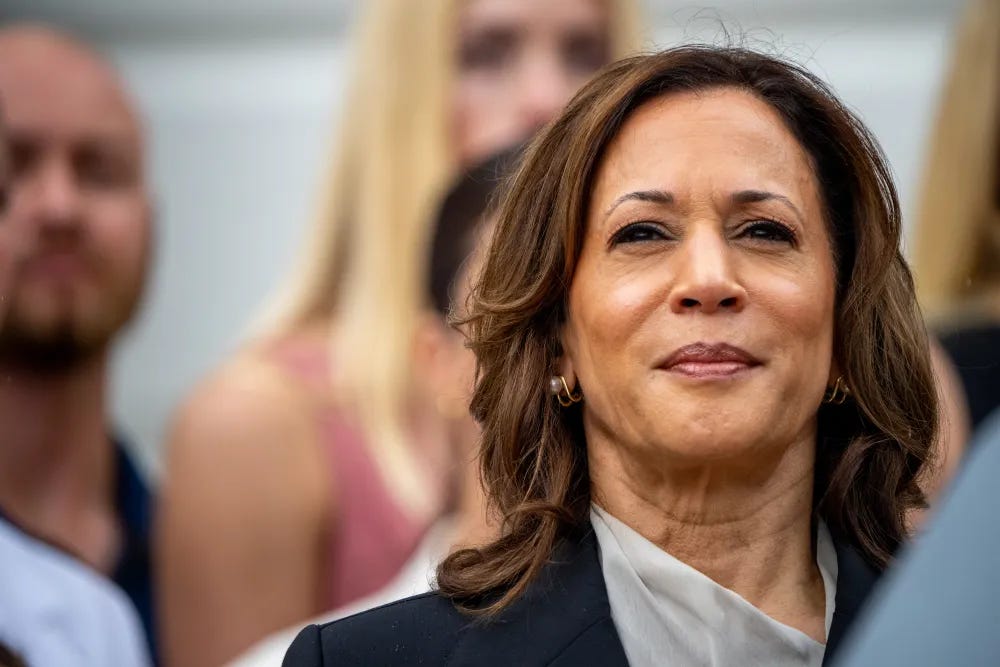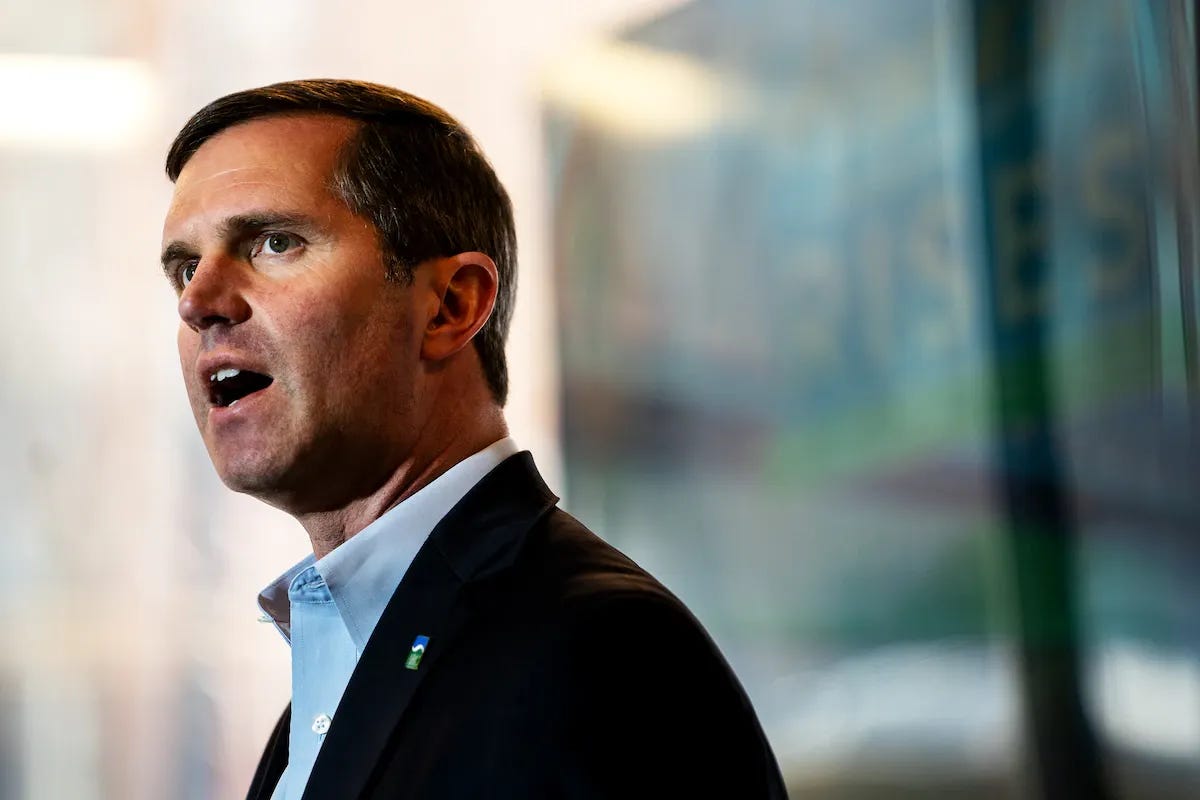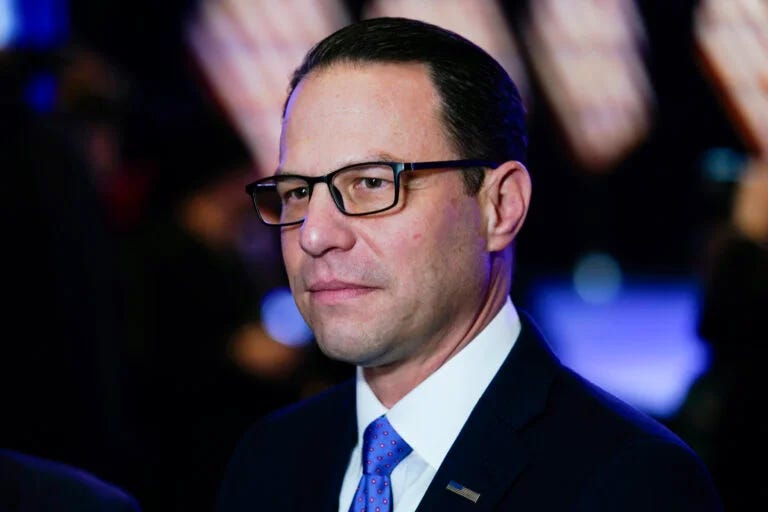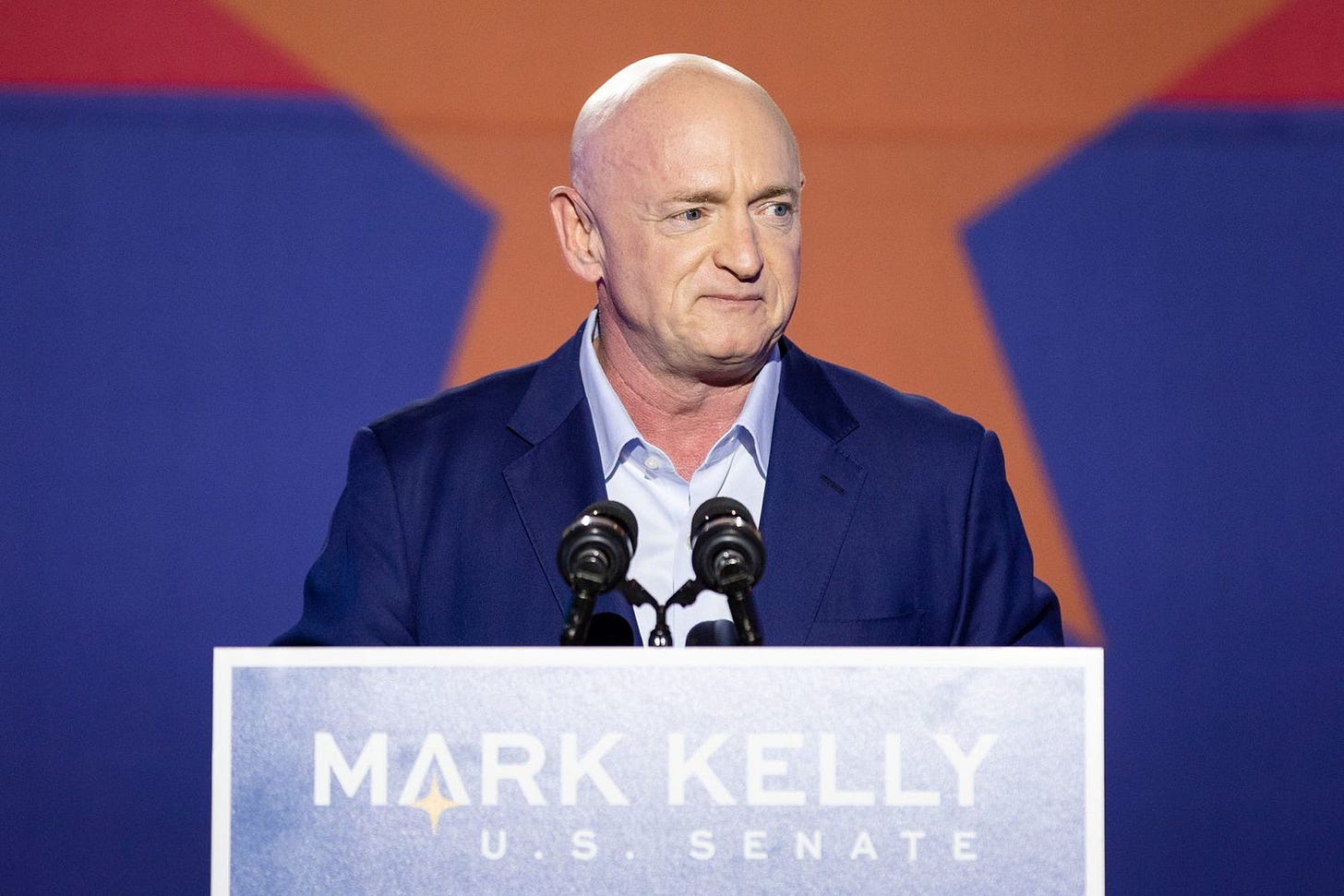Who Will Kamala Harris Choose As Her Running Mate?
With her nomination all but confirmed, the next question for Democrats is: 'who will compliment her on the ticket?'
Lenin once aptly said, "There are decades where nothing happens; and there are weeks where decades happen.” Never has that quote been more relevant than over the last week in American politics.
Following a disastrous debate performance which highlighted his deteriorating cognitive abilities, Joe Biden ruled himself out of the contest, becoming the first incumbent president to not seek re-election since LBJ in 1978.
In his resignation speech, he endorsed his vice-president, Kamala Harris, as his successor. Over the next several days, other high-ranking politicians within the Democratic Party swung their support behind her. With no other serious candidate left to challenge her, all that remains is the formality of the Democratic Convention nominating her.
Before that can be done, however, she will need to appoint a vice-presidential candidate to run alongside her. While running mates don’t hold the same sway they once did, candidates often select ones which shore up support in demographics they’re notoriously weakest in. For Kamala Harris, that would be older, white men without college degrees. Any running mate will have to strengthen her amongst that cohort of people. Conventional wisdom dictates that will be a straight, white male with executive experience, presumably from a traditional Republican or swing state.
This article will go through each of the serious contenders, weighing their strengths and weaknesses, and provide an overall score on the likelihood she will select them.
Andy Beshear
Strengths = Re-elected by a comfortable margin for a second term as a governor of an extremely red state, Beshear proves he can appeal to Republicans and independents alike, given his bipartisan credentials. Though he oftens presents himself as a moderate, after restoring voting rights for 187,000 Kentuckians and expanding healthcare access, he’s proven he can govern liberally even when faced with a hostile legislature. In most interviews, he often emphasises the “common good,” working with Republicans on legislation, including medical marijuana, linking it back to his Christian faith. It’s a message that could particularly resonante with moderate white voters in the suburbs, who Democrats need if they want to win in November.
Weaknesses = Not the most charismatic, Beshear seems uneven in interviews, a little shaky, sometimes unsure of himself. That’s not a great quality for any runny mate. It may also be the case that senior Democratic strategists feel that his home state of Kentucky is not competitive enough to justify including him on the ticket. And it’s unclear if he would make any real impact elsewhere.
Overall Score = 9/10
Roy Cooper
Strengths = Serving as the Governor of North Carolina for nearly eight years, Cooper has several accomplishments he can point to. He repealed the controversial ‘bathroom bill,’ which forced high-profile companies to divert investments out of the state and expanded Medicaid, granting access to tens of thousands of vulnerable people, despite facing a hostile state legislature. While he often talks like a moderate, he governed like a liberal and can point to a successful electoral track record in a swing state, one he might bring it in play, or at the least, force the Trump campaign to invest money in a state it would otherwise not have to worry about. Humble and reserved, there’s no worry of him undermining or overshadowing Harris on the campaign trail and he knows how to speak to rural voters, a trait important to offset likely Republican attack adds depicting Harris as a coastal elite.
Weaknesses = There are limitations, however. Aged 67, he may be too old to run again in 2028, which may complicate matters if Democrats hope to maintain this ticket for two terms. Appointing him as VP also removes him as a potential Senate contender in 2026. With the Democrat’s majority in the Senate already resting on razor-thin margins, any gains in the future will be welcome. If Thillis, the incumbent Republican senator, retires, as rumours suggest he will, then keeping Cooper as a viable candidate may be the Democrats’ best chance at expanding their majority in the Senate.
Overall Score = 8/10
Josh Shapiro
Strengths = From perhaps the most pivotal swing state in the election, Josh Shapiro won his term as Governor in a comfortable landslide and now enjoys high approval ratings (around 60-65%). A gifted orator, he can appeal to rural voters and former Republicans unhappy with Trump’s nomination.
Weaknesses = However, his stances on the Israel/Palestine conflict could alienate enthusiasm among the left-wing of the party. His ardent support for school choice, particularly school vouchers, may also cause another rift with the party at a time it desperately needs unity.
Overall Score = 7/10
Mark Kelly
Strengths = A senator from a pivotal swing state, Mark Kelly may be the best candidate for Democratis to use to rebut Republican’s blistering attacks on Harris for immigration and the border, an issue that may prove costly in the Sunbelt region. He’s also an incredible messenger on gun control, with his marriage to Gabrielle Giffords, a former congresswoman who survived a mass shooting, making it more personable.
Weaknesses = Kelly’s strengths are also his weaknesses. His senate seat could be very vulnerable in the 2026 special election, at a time when Democrats will need every advantage they can get in a hostile political environment, so the option might not be worth the risk. He also seems to have serious issues with organized labour over his opposition to the PRO Act. Given Biden’s strong connection with trade unions, this could prove to be a serious issue.
Overall Score = 7/10






